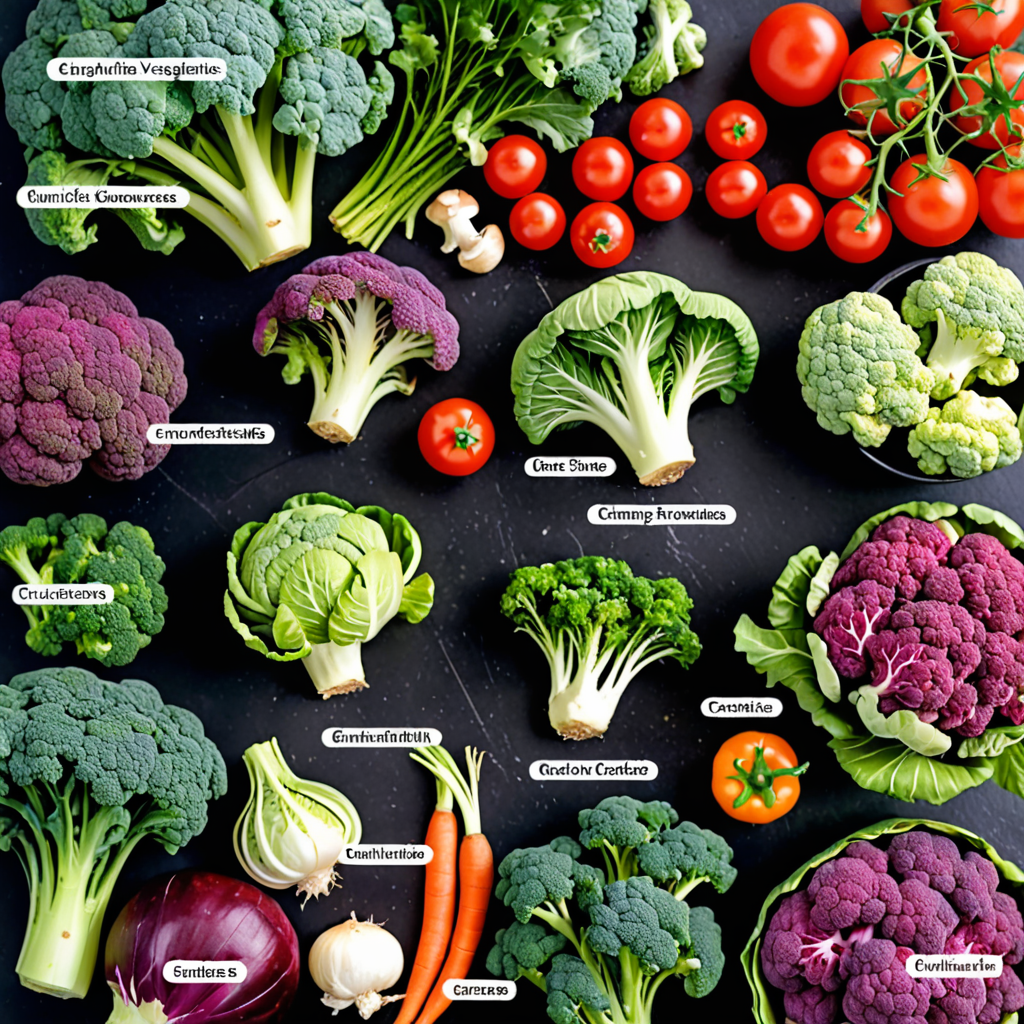
Introduction to Veganism
Veganism is a lifestyle that abstains from consuming any animal products, including meat, dairy, eggs, and even honey. This ethical and dietary choice promotes compassion for animals, reduces environmental impact, and may offer significant health benefits.
Nutritional Completeness of a Vegan Diet
A well-planned vegan diet can provide all the essential nutrients for optimal health. Contrary to popular misconceptions, vegan diets are not nutritionally deficient. In fact, they can be particularly rich in certain vitamins, minerals, and antioxidants.
Essential Nutrients: Vitamin B12, Iron, Calcium
Vitamin B12 is crucial for red blood cell formation and neurological function. While animal products are the primary dietary source, vegans can obtain B12 through fortified foods like plant-based milk and cereals or through supplements.
Iron is another essential mineral for oxygen transport. Plant-based sources of iron include leafy greens, beans, and lentils. However, non-heme iron from plants is less bioavailable than heme iron from animal sources. To enhance absorption, vegans can pair iron-rich foods with vitamin C sources like citrus fruits.
Calcium is vital for strong bones and teeth. Dairy products are often associated with calcium, but leafy greens, fortified plant-based milk, and certain legumes provide ample calcium for vegans.
Lower Risk of Chronic Diseases: Heart Disease, Diabetes
Research suggests that vegan diets may reduce the risk of chronic diseases such as heart disease and type 2 diabetes. Plant-based diets are generally lower in saturated fat and cholesterol, which are risk factors for heart disease. Additionally, vegans tend to consume more fiber, antioxidants, and phytochemicals, which have protective effects against these conditions.
Environmental and Ethical Considerations
Veganism goes beyond nutrition and extends into environmental and ethical realms. Animal agriculture has a significant impact on climate change, water scarcity, and deforestation. By choosing a vegan lifestyle, individuals can contribute to reducing these negative effects. Moreover, veganism aligns with the ethical principles of compassion and respect for all living creatures.
Debunking Common Myths About Veganism
One common myth is that vegan diets are deficient in protein. However, various plant-based foods, including legumes, tofu, tempeh, and nuts, provide ample protein. Another myth is that vegan diets are expensive. In reality, many whole plant foods, such as fruits, vegetables, and grains, are relatively affordable and accessible to most people.
Planning a Balanced Vegan Diet
Planning a balanced vegan diet requires careful consideration. To ensure adequate intake of all essential nutrients, vegans should consume a variety of plant-based foods from all food groups. This includes fruits, vegetables, whole grains, legumes, nuts, and seeds. Supplementation may be necessary for certain nutrients, such as vitamin B12 and vitamin D, depending on individual needs.
Conclusion: Embracing the Nutritional Power of a Vegan Lifestyle
Adopting a vegan lifestyle offers numerous nutritional, ethical, and environmental benefits. A well-planned vegan diet is nutritionally complete and may reduce the risk of chronic diseases. By embracing the nutritional power of plants, vegans can enhance their health, make ethical choices, and contribute to the planet's well-being.
FAQ
Can vegans get enough protein?
Yes, vegans can obtain sufficient protein from plant-based sources such as legumes, tofu, tempeh, nuts, and seeds.
Are vegan diets expensive?
No, many whole plant foods, including fruits, vegetables, and grains, are relatively affordable and accessible.
Do vegans need to take supplements?
Some vegans may need to supplement certain nutrients, such as vitamin B12 and vitamin D, depending on individual needs.
Is a vegan diet healthy for everyone?
A well-planned vegan diet can be healthy for most people. However, individuals with certain health conditions may need to consult with a healthcare professional before making significant dietary changes.


